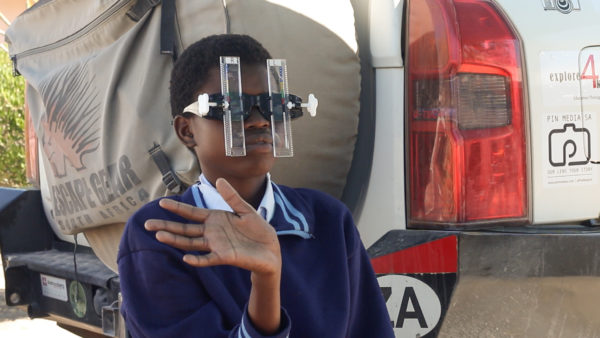
Bringing Eyeglasses to the Masses in Africa
An ambitious CCP proposal to bring eyeglasses to people who need them in four African countries is in the running for a $100 million grant from the John D. and Catherine T. MacArthur Foundation.

An ambitious CCP proposal to bring eyeglasses to people who need them in four African countries is in the running for a $100 million grant from the John D. and Catherine T. MacArthur Foundation.
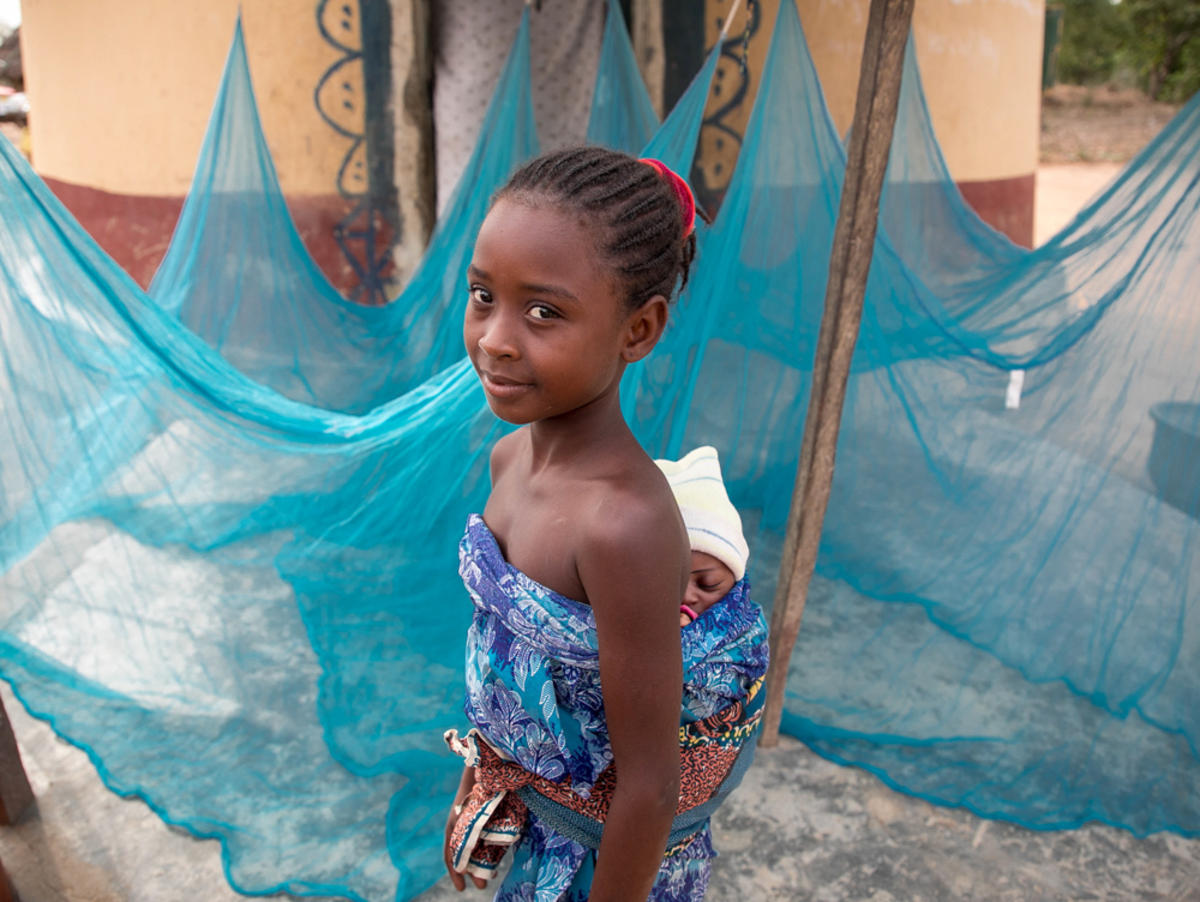
Encouraging more people to sleep under treated bed nets in malaria-endemic Ghana isn’t just about handing out more nets, new CCP-led research suggests.
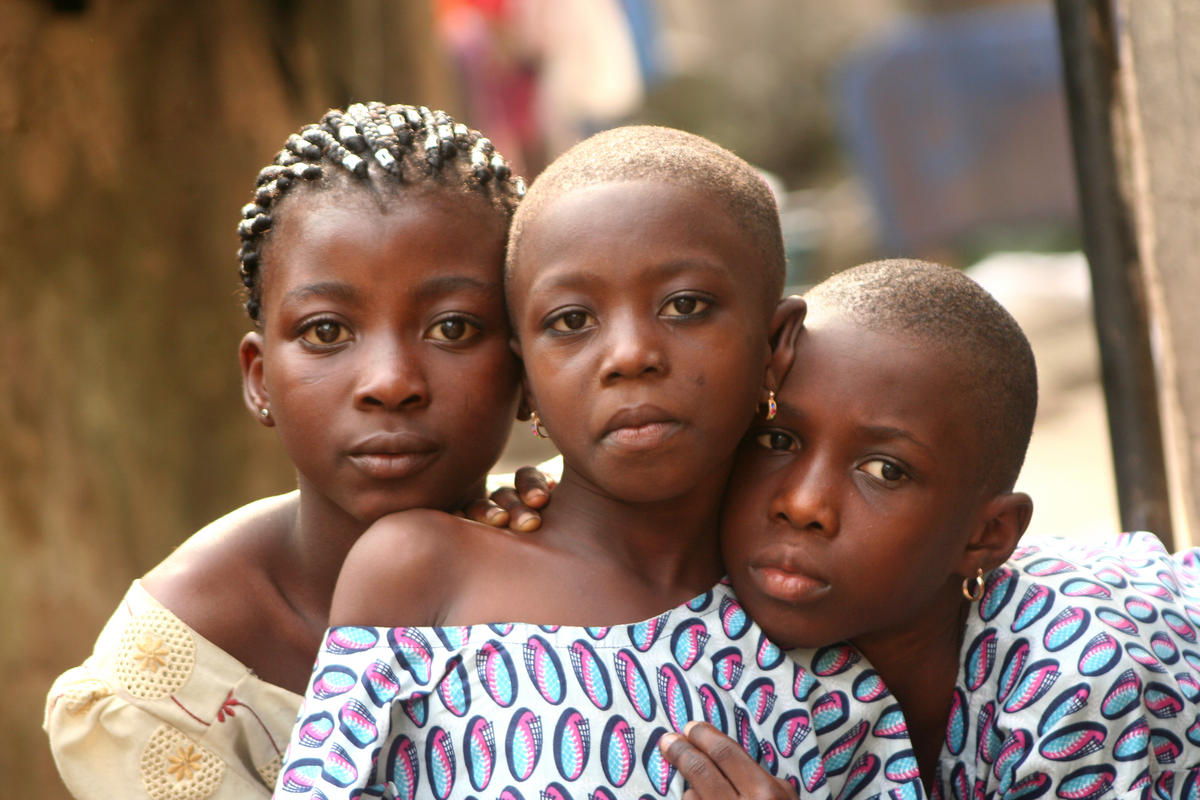
CCP works on the Demographic and Health Surveys to help stakeholders and decision-makers use data to make choices that help improve and protect the lives of women and girls in places like Ghana, India, Nigeria and Pakistan.

Over the past five years, CCP has helped deliver 55 million insecticide-treated bed nets, initiated a game-changing new way to distribute them more efficiently and fundamentally altered the way that experts look at mosquito net access and use.
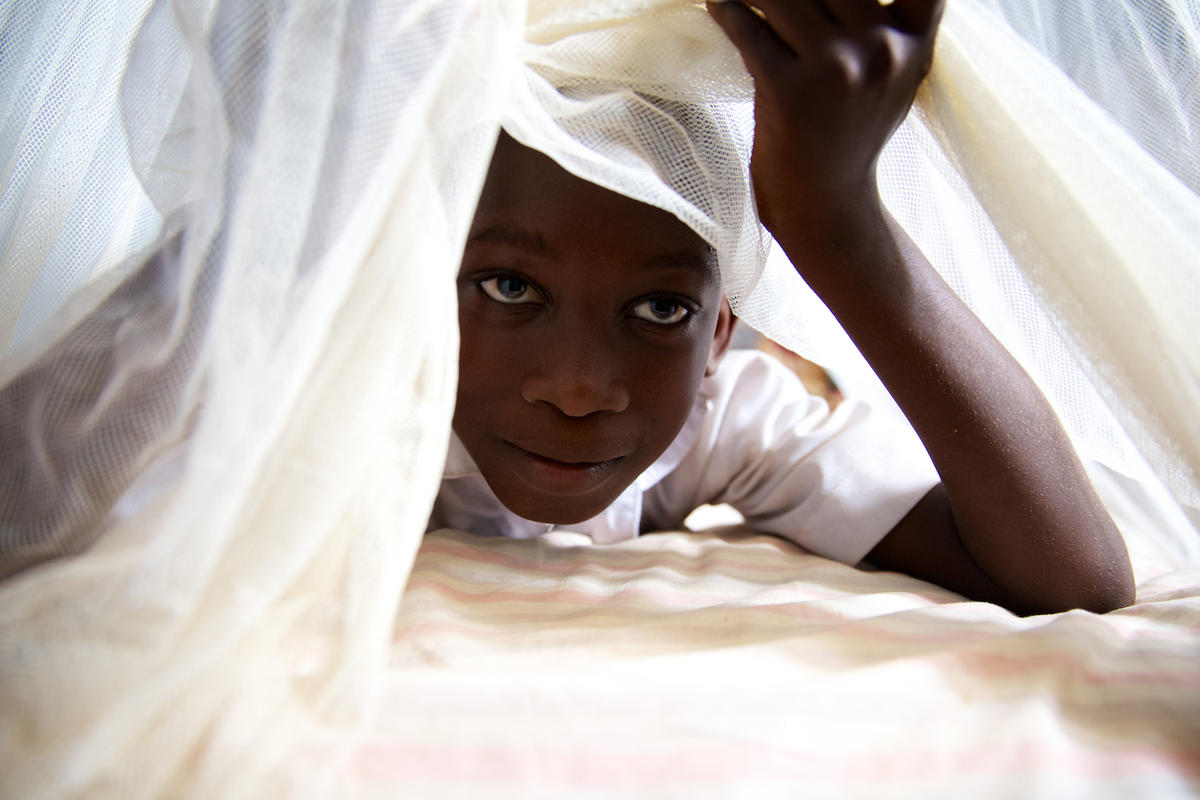
A human-centered design process led by CCP helped researchers understand what people in Ghana want in the bed nets they use to prevent malaria. A new study explains how.
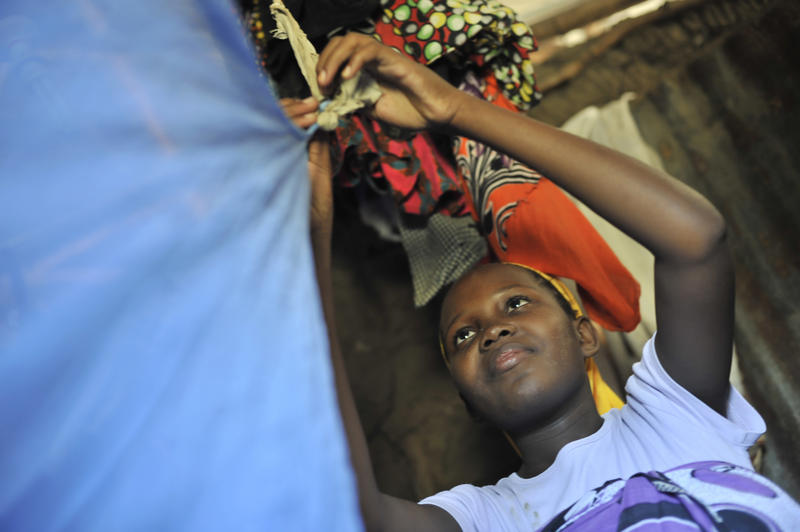
If comfortable, convenient and attractive insecticide-treated bed nets were sold in shops, millions of Ghanaians would buy and use them, suggests a new market analysis led by CCP.
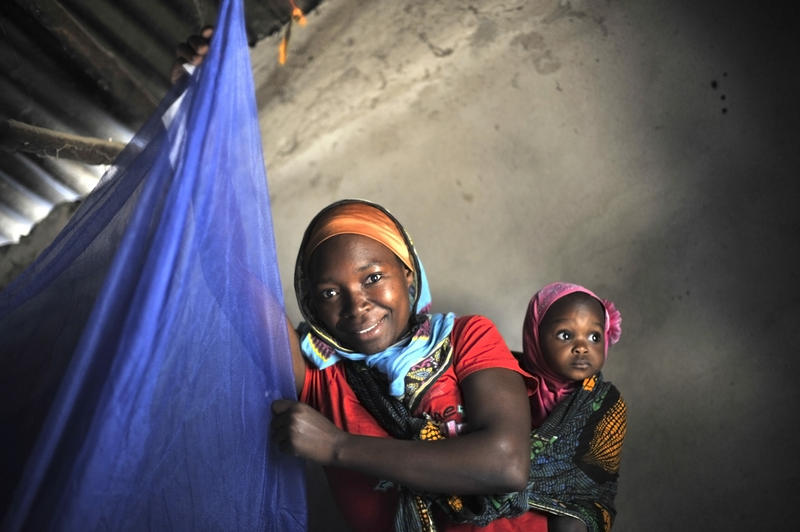
A large majority of people living in sub-Saharan Africa who have insecticide-treated bed nets to prevent malaria transmission sleep under them regularly. But new research from the Johns Hopkins Center for Communication Programs highlights gaps in use that could provide policymakers opportunities to expand
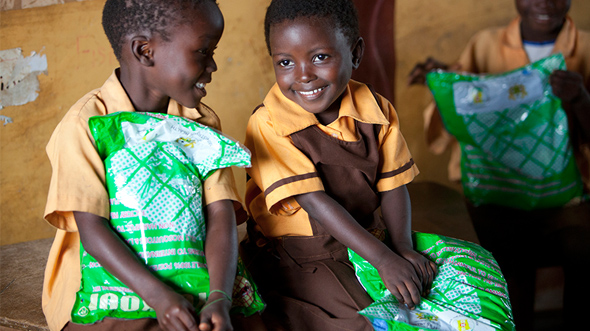
Time was, there was a thriving market for bed nets in Ghana. A local tailor would craft one out of lace or other cotton fabric and families were protected as they slept from mosquitoes carrying the deadly malaria parasite. The nets weren’t perfect – they
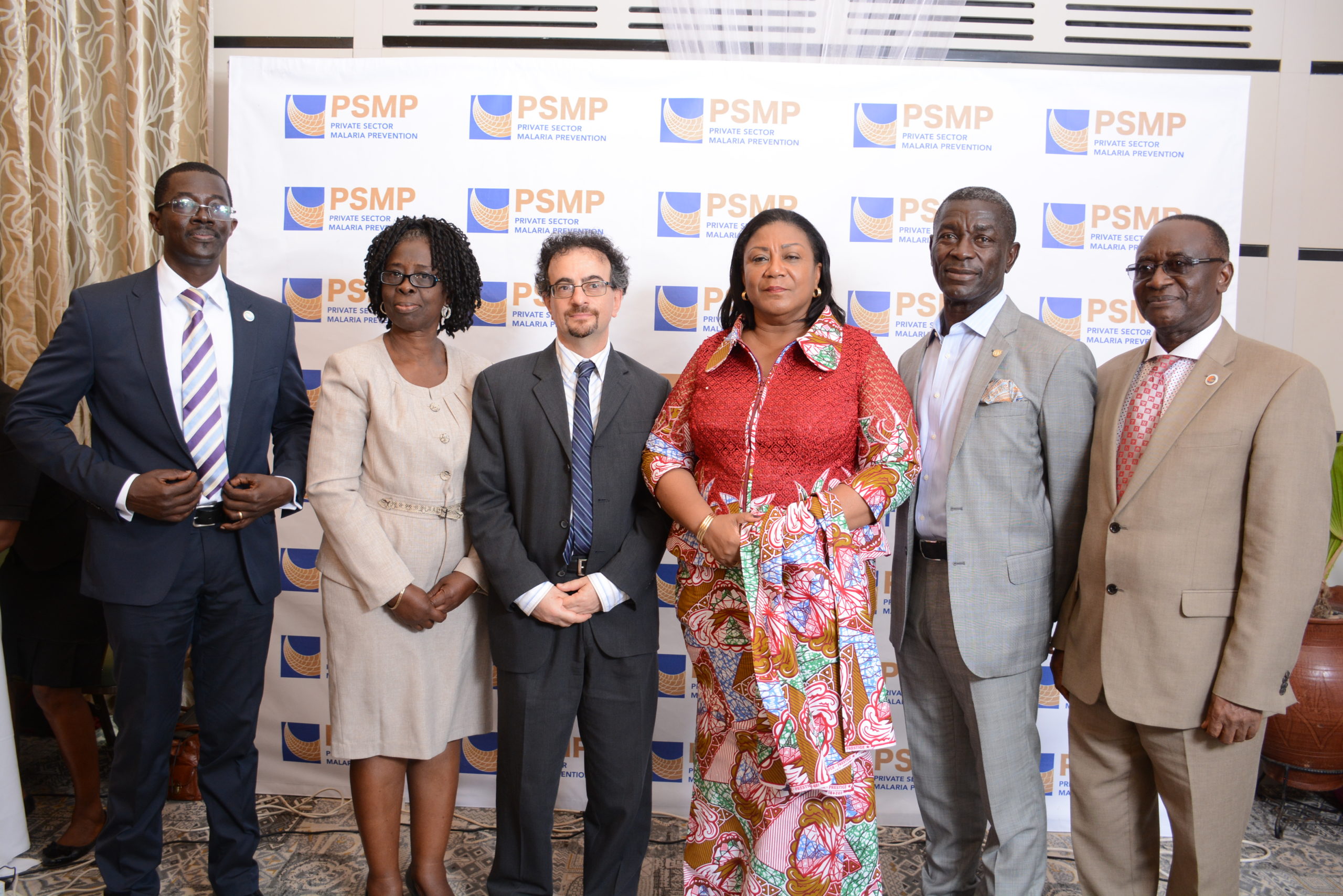
Gathering highly engaged political, business and health sector leaders to support malaria prevention is no small task, but neither is freeing a country of this disease and its devastating effects on lives and economies. It is for precisely this reason that the Johns Hopkins Center
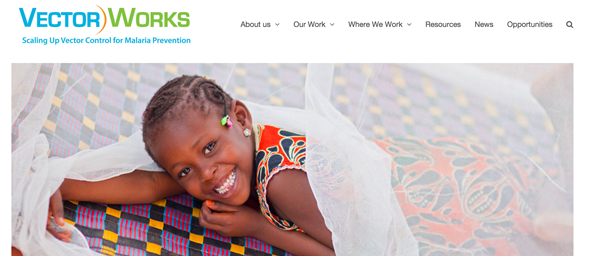
With the launch this week of a VectorWorks website in the run-up to World Malaria Day, the CCP-led project’s bounty of resources and research updates are now readily available in a central archive. The VectorWorks website “introduces the project and what we’re working on and
Receive the latest news and updates, tools, events and job postings in your inbox every month